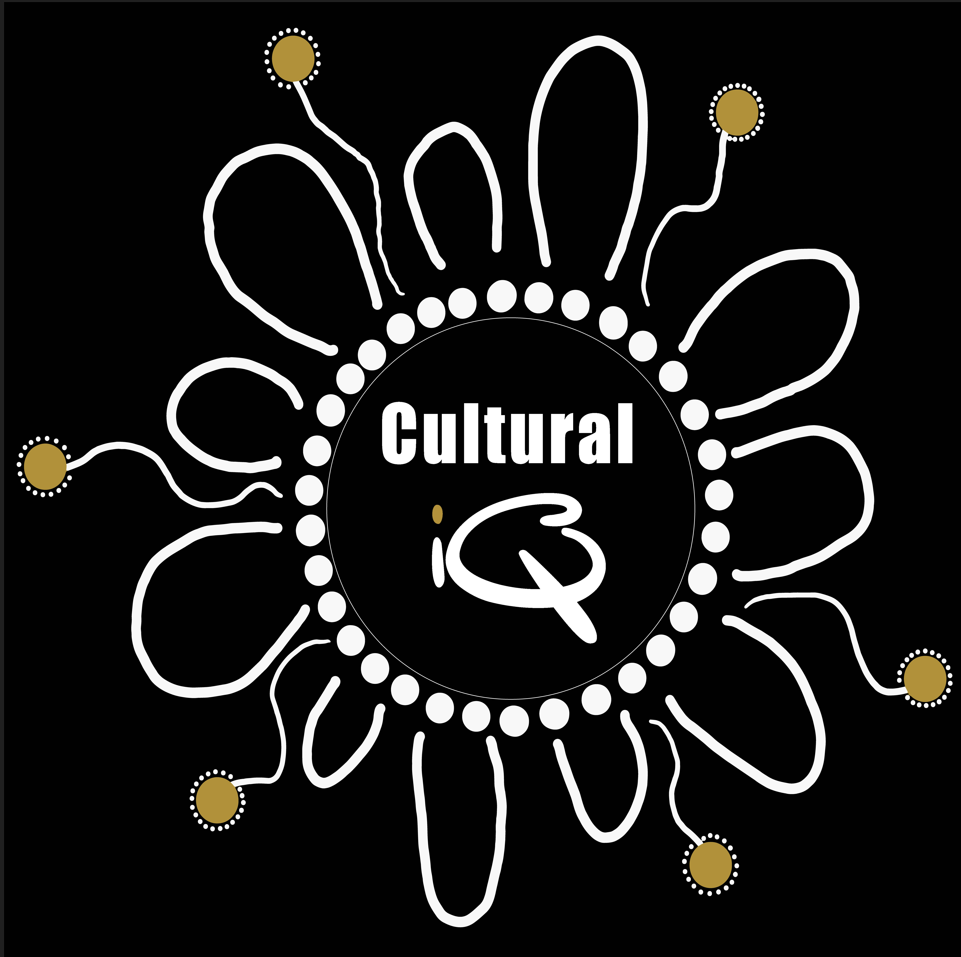Advanced Cultural Competence & Practical Application
This advanced course is designed to deepen your understanding of cultural barriers and enhance your ability to navigate complex cultural dynamics. By adapting your approach to meet the diverse needs and values of different cultures, this course will equip you with the practical skills needed to navigate cultural differences and enhance your effectiveness in engaging with diverse groups.
Write your awesome label here.
Enhance Your Cultural Competence Today
Advanced Cultural Competence & Practical Application
- 12-Week Self-Paced Learning: Complete the course at your own pace with access to materials for 12 months.
- Two Modules: Explore fundamentals aspects of cultural barriers and their impacts on interactions, and learn how to integrate cultural considerations into your interactions for effective communication, especially with Indigenous peoples through two modules, each with 5 lessons.
- Weekly Lessons: Lessons are unlocked weekly t keep you on track with engaging 40-60 minute videos to watch for each lesson.
- Practical Learning: Self-reflection encouraged on personal cultural perspectives, with real-life scenarios and strategies provided for culturally intelligent decision-making.
- Workbooks & Resources: Use workbooks and resources provided to reinforce learning alongside video lessons.
- Quarterly Live Webinars: Join live Q&A sessions and discussions every quarter. Access recordings if you miss the live sessions.
- Community Forum: Connect with peers for support, discussions and knowledge sharing.
- Quizzes & Final Assessment: Assess your understanding with quizzes in each lesson, and reflect on your learning and readiness with a final assessment.
Intelligent delivery to keep you engaged and provide opportunities to share and reflect
We've got the answers to your cultural awareness queries!
Lessons released weekly to keep you motivated
The Cultural iQ Course Two - Advanced Cultural Competence & Practical Application training is delivered via 2 modules each with 5 core lessons.
One lesson is released on the platform each week to complete in your own time, supported by quarterly live Q&A sessions and internal community forums.
Live Webinars Quarterly
Live Webinars sessions are held every quarter via Microsoft Teams and included in your subscription.
To get the most value from this course, work through each Lesson in the Modules and bring your questions to the session. These sessions provide the opportunity for Q&A and the sharing of experiences by participants.
Non participants can still register to attend but will need to pay.
These sessions will also be recorded if participants cannot attend or want to rewatch them via the course platform.
Course Details
- 12-week self-paced course with access to all materials and resources for 12 months
- Engaging video content with supplementary resources
- 2 modules, each with 5 key lessons featuring 40-60 minute videos, unlocked weekly as you progress
- Workbook provided for you to complete alongside the lessons
- Quarterly live webinars for Q&A sessions and peer discussions on diversity and inclusion
- Community forum for learner engagement, support, and knowledge sharing
Course Two - Advanced Cultural Competence & Practical Application
Building on the foundational knowledge from Course One, this course will take your skills to the next level with practical tips for applying cultural understanding in real-world situations. You’ll dive deep into identifying and overcoming cultural barriers, and learn key strategies for effective communication and collaboration.
Core Topics:
Cultural Barriers
Cultural Considerations
This course focuses on overcoming challenges and embedding cultural competence into your daily practices. Each lesson is released weekly, providing you with the opportunity to consistently learn and apply what you've gained.
Core Topics:
Cultural Barriers
Cultural Considerations
Course Outline
Introduction to CiQ
Module One - Cultural Barriers
Module Two - Cultural Considerations
Module Q&A Sessions
Course Two Assessment
Advanced Cultural Competence & Practical Application
Write your awesome label here.
The path to build your Cultural Intelligence starts here.
The Advanced Cultural Competence & Practical Application helps companies and individuals elevate their cultural awareness, raise Cultural IQ scores, and implement self-education that creates meaningful outcomes.
$1,500

